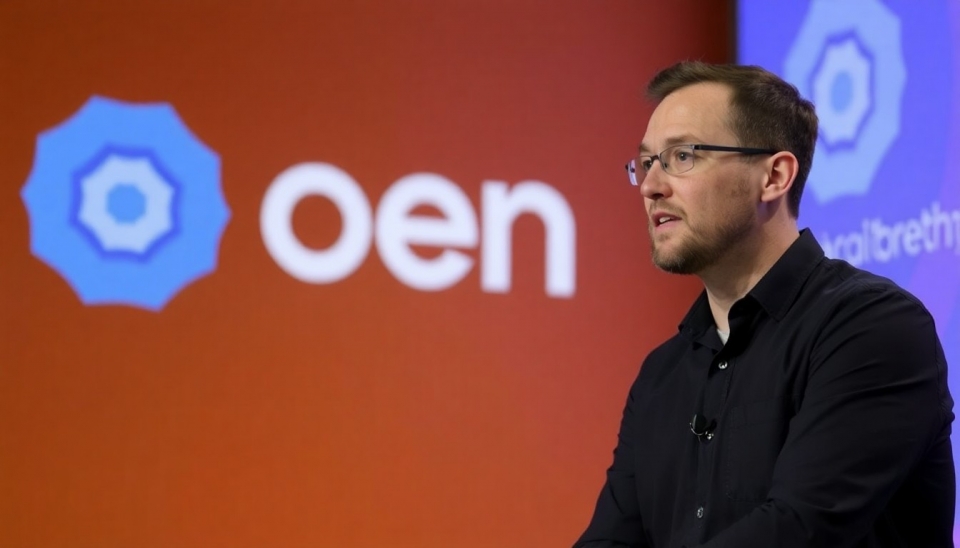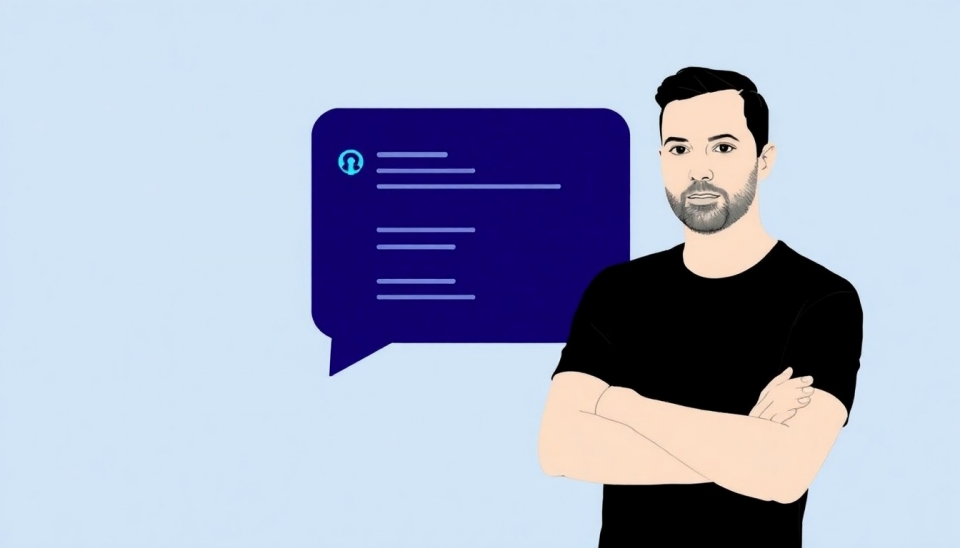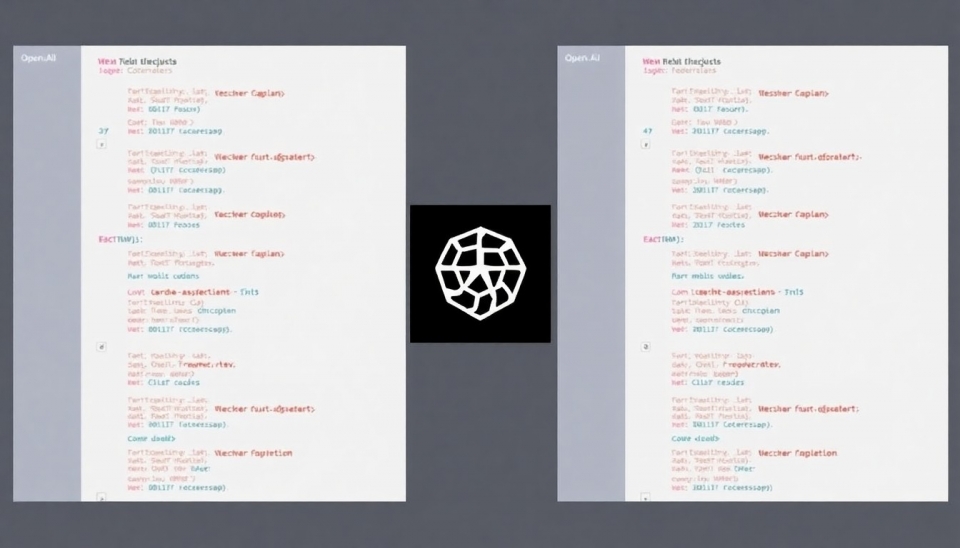
If the latest rumors are to be believed, Open AI-a highly acclaimed artificial intelligence research organization-is seriously mulling over turning into a for-profit company. This could probably be the hottest topic of current debate on ethical and strategic implications that surround AI development and has drawn the interest of both the professional world and common people.
The discussions would alter OpenAI's current operational structure, according to people familiar with the matter. Currently operating as a capped-profit organization, OpenAI's move to a for-profit model marks a potentially landmark change in how artificial intelligence research and innovations are financed and managed.
These discussions are still at a preliminary stage, and it is not yet clear what that might entail. The move underlines an increasing demand for long-term viable financial models that will sustain large-scale projects in AI. This could provide OpenAI with a better financial pipeline to enable broad research and state-of-the-art developments.
OpenAI has been seminal in making wide advances in AI accessible and ethical. Founded on the principles of transparency, safety, and collaborative research, it champions several pathbreaking projects. The commitment to capped-profit models has made sure that any excess profit from the company earlier flows back into research and development, creating a cycle of continuous innovation.
Were OpenAI ever to become a for-profit organization, that would be one way through which the AI ecosystem could become more competitive. Investments and revenue from commercial pursuits may accelerate development, but a number of other concerns also arise, not least with regard to mission drift. This alludes to the tension between open, collaborative research and proprietary innovation. A for-Profit model may enable investment and talent on a completely new scale, but it will likely over-commercialize AI technologies.
It is argued by critics that such a transition may affect the ethical stand of OpenAI, which it holds dear. It could compromise the ethos of transparency and cooperation. However, supporters say the shift may offer stronger financial incentives for development, facilitating hypergrowth in AI technologies serving humanity at large.
The details of this speculative report have not been finalized, though, and no comment has come out from Open AI. The final decision now comes in sight, with the entire AI community and stakeholders observing closely, as that may redefine the landscape of artificial intelligence research and development.
As the AI continues to evolve and shapes our future, the frameworks that support its growth need to keep up with the times. In which direction this shift to a for-profit model will go-is it going to be an accelerant or a divisive change-remains to be seen. One thing is certain: the potential pivot is a big moment in the AI innovation narrative.
#OpenAI #AI #ArtificialIntelligence #ForProfit #Technology #Innovation #Research #Ethics #Development #Bloomberg
Author: Emily Collins




